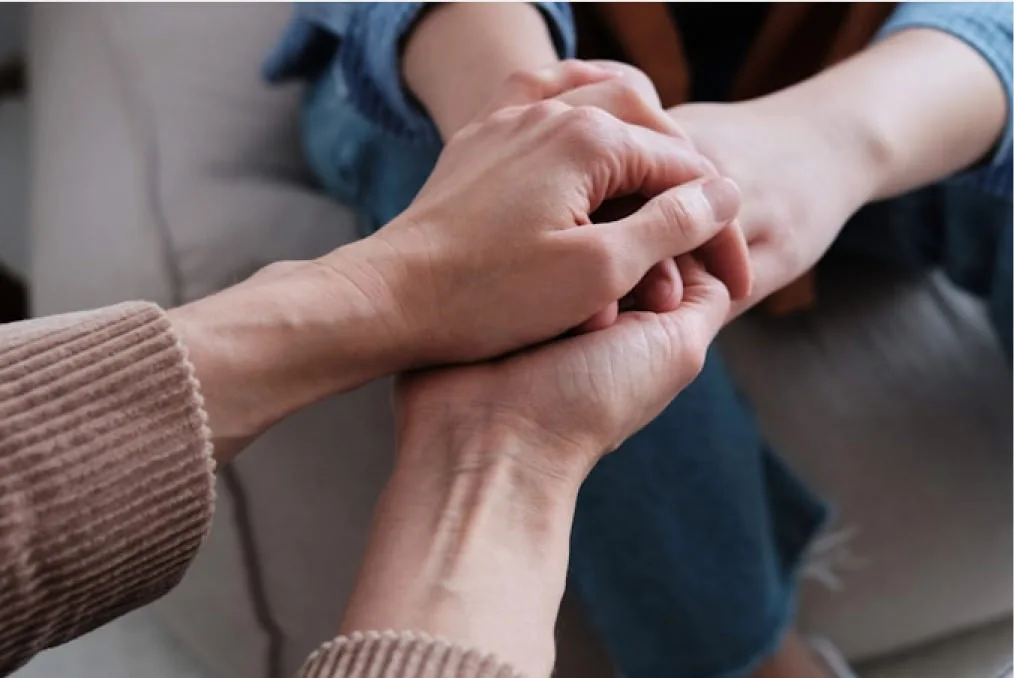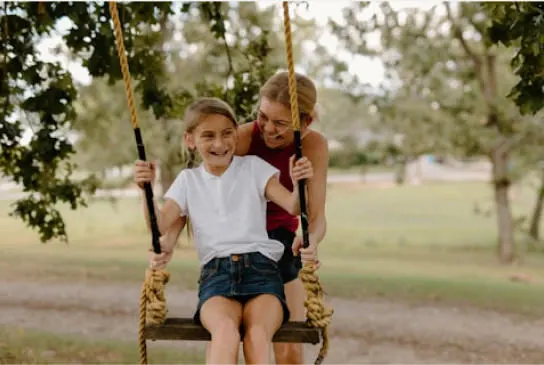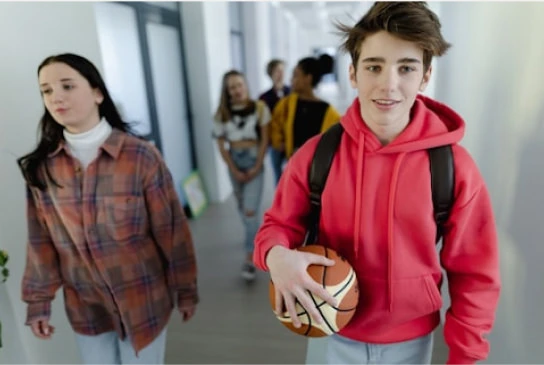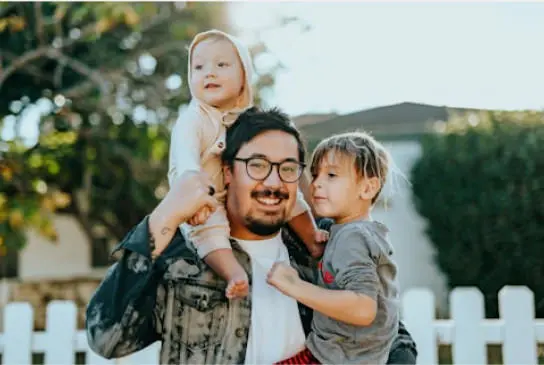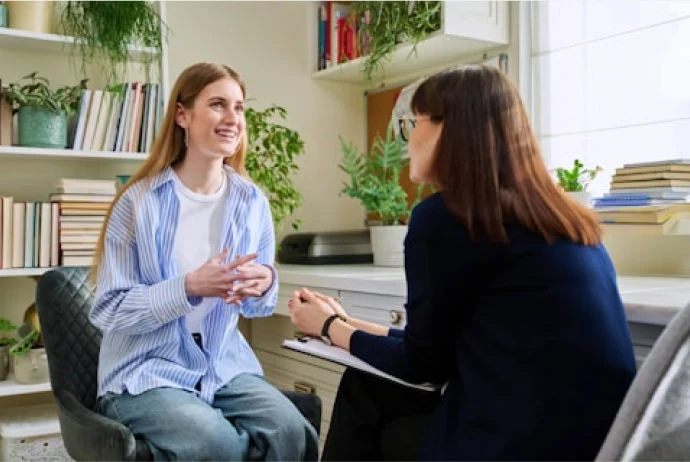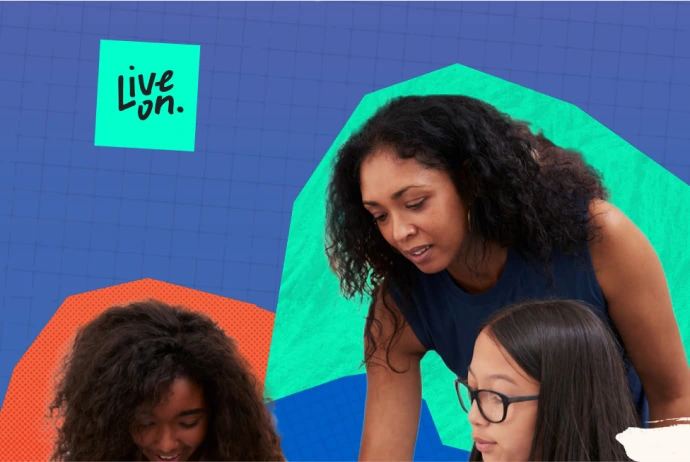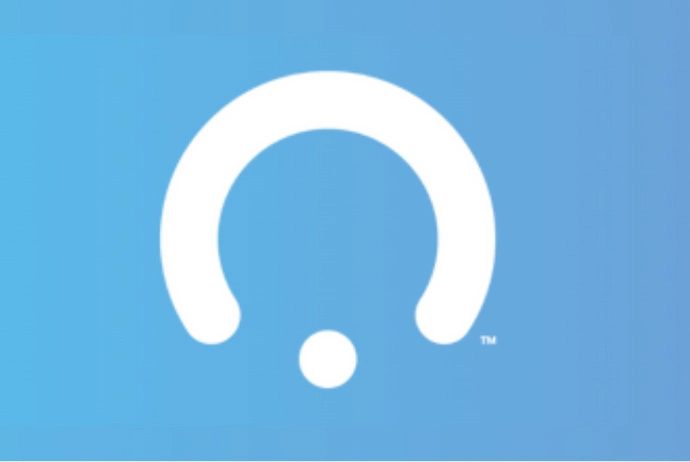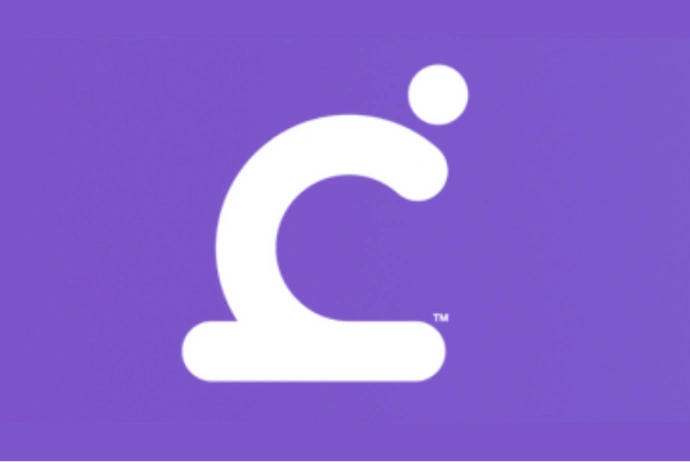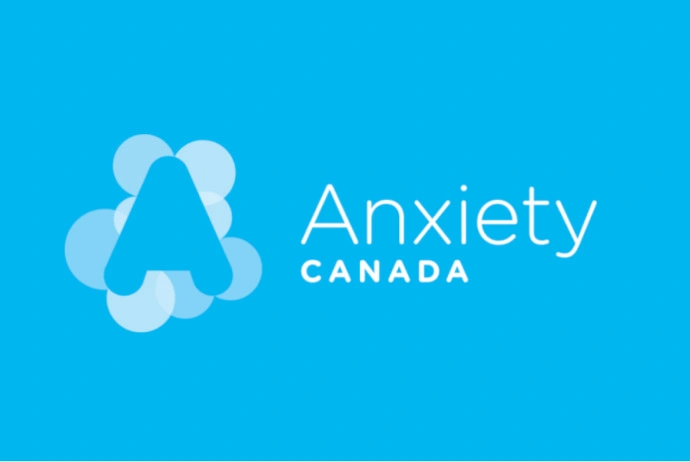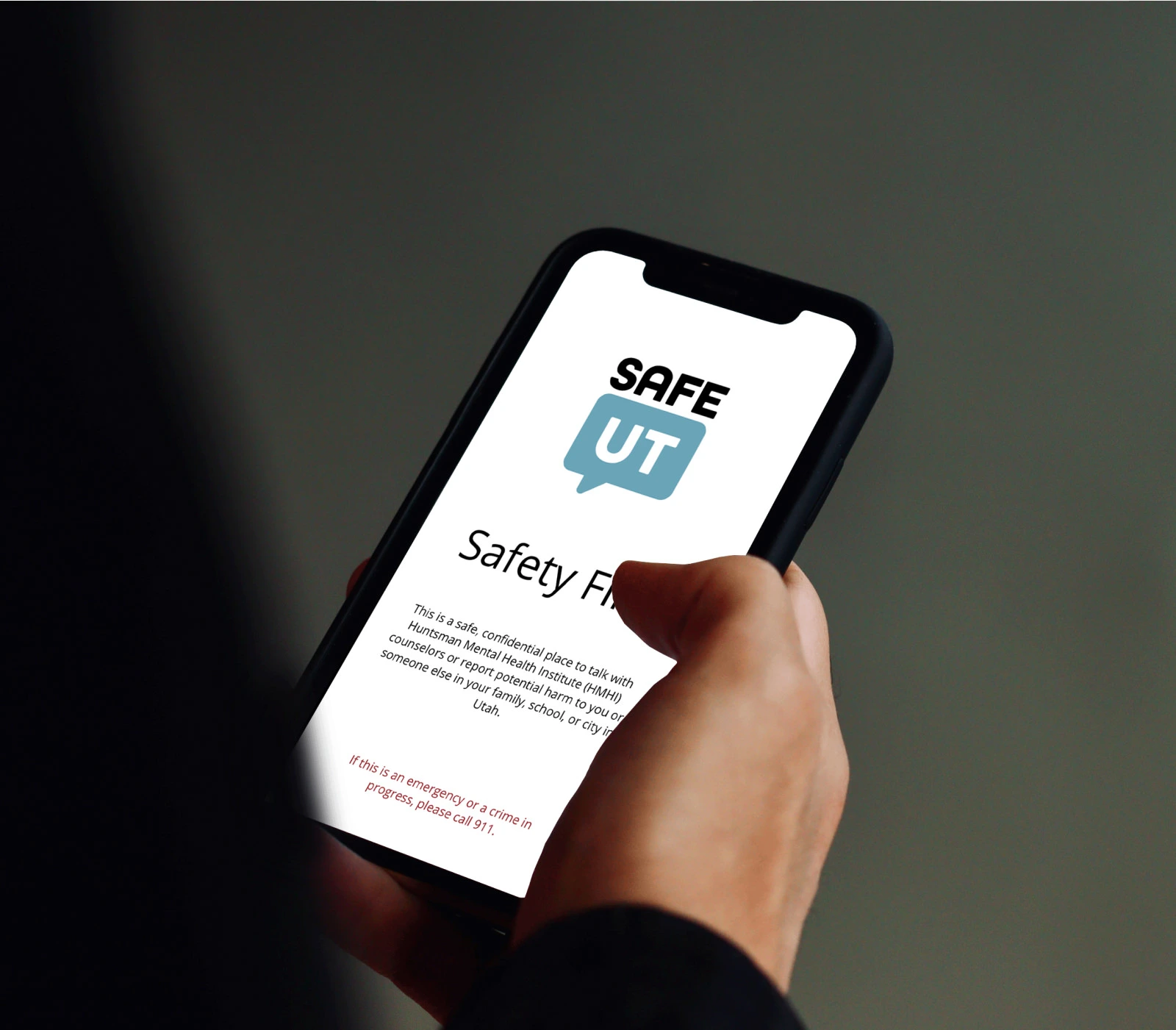Youth & Young Adult Resources
Because every young life matters—and support is always within reach.

Call 988
At the 988 Suicide & Crisis Lifeline, we understand that life's challenges can sometimes be difficult. Whether you're facing mental health struggles, emotional distress, alcohol or drug use concerns, or just need someone to talk to, our caring counselors are here for you.
You are not alone.
Supporting Youth and Young Adult Mental Health Statewide
Youth-Focused Strategy
& Programs
We help guide prevention strategies that address the unique challenges young people face. From schools to youth programs, we work across systems to make sure support is consistent, informed, and effective.
Support tools and resources for Youth and Young Adult Well Being
We offer accessible, youth-centered materials designed for teens, caregivers, and those who work with young people—ensuring support feels relevant, inclusive, and easy to use.
Support for Educators,
Mentors & Parents
We equip those who care for and work with youth—like teachers, coaches, and parents—with the training and tools to spot warning signs early and build strong, supportive environments.
Resources designed to fit your needs
Youth and Young Adult Support Resources
Resources for Parents and Guardians
Resources for Schools and Educators
Utah Support: Local Organizations and Resources
Youth and Young Adult
Warning Signs
"Nothing will ever get better- I will never be happy"
"I have no future and no one can help me"
"I feel like giving up- nothing matters anymore"
"No one understands me"
"I have no friends or anyone who likes me"
"Everyone hates me"
"I am worthless"
"I am a failure"
"I can't do anything right"
Refusing to follow rules and becoming increasingly defiant
Skipping school or refusing to go
Changes in sleep, appetite, or hygiene routines
"If I die- would you miss me?"
"Sometimes I just want to die, life is too hard"
"Do you think anyone would care if I died?"
"I'll try anything, I am not afraid to die!"
Cutting, substance use, unsafe social media use, fighting, etc.
Unprescribed medications, weapons, firearms, share instruments, etc.
Any materials identified in suicidal thoughts or plans
"You would be better off without me- I'm gonna kill myself"
"I have thought about suicide and have thought about how."
Resources to Download
What to Do if You See Warning Signs
Find out the imminence and severity of the danger they’re in by asking direct questions. See conversation starters below.
If you’re worried someone is in immediate danger, call 911 and ask for a CIT (Crisis Intervention Team) officer.
Call the National Suicide Prevention Lifeline: 988. You will be directed to trained professionals who can then direct you to other resources.
Be there for them. It could mean being there physically or digitally. Listen to what they have to say.
Help them develop a safety plan.
Make sure to follow up with them.
Directly ask them if they’ve had thoughts of suicide. This does not make someone more likely to attempt suicide and can actually save their life.
Video Resources
Safe to Talk: How to have an effective conversation with kids
Get help with Safe UT
Local Resources
Find your local behavioral
health organization
Find your local resources by visiting the Division of Substance Abuse and Mental Health’s website. From there, you can use an interactive map to select your county and connect with your local mental health authority.
Find a grief
support group
Suicide loss can bring complex emotions, but you are not alone. Find a local support group through the link below to connect with others who understand.
